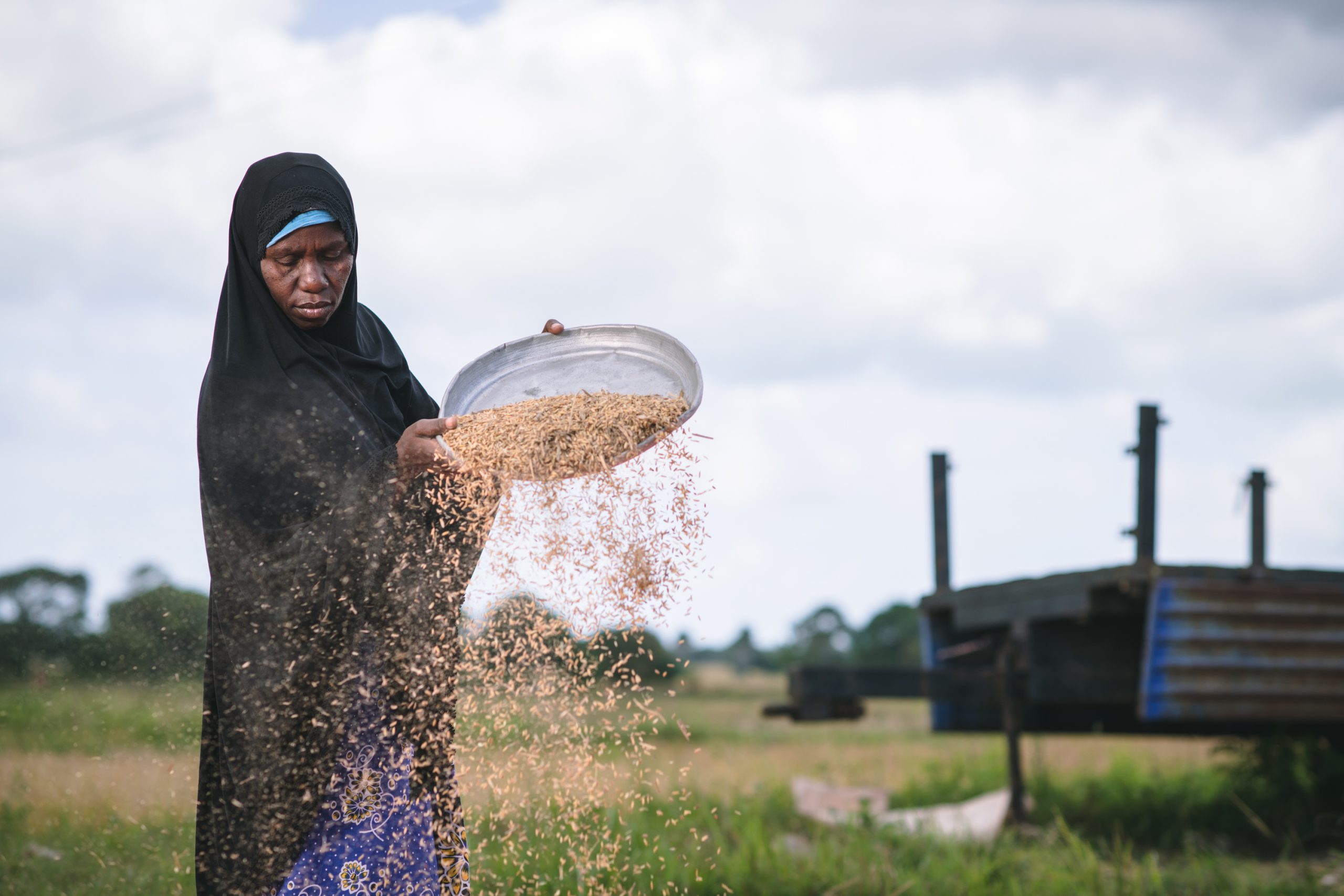
AfricaPress-Tanzania: THE Local Government Authorities (LGAs) should continue working with various development partners to support Sustainable Rice Intensification (SRI) technology in order to improve adaptation rates and productivity.
The Agricultural Policy Research in Africa (APRA) Country Representative, Prof Aida Isinika said the SRI will help more farmers benefit, especially owners of very small farms, including female headed households.
Prof Isinika was speaking to journalists at a one-day workshop on agricultural commercialisation in Tanzania aimed at sharing information on APRA study key findings and their policy implication held at Sokoine University of Agricultural (SUA) in Morogoro region on Tuesday.
The project titled “Agricultural Policy Research in Africa (APRA)” was conducted in Morogoro and Singida Regions to assess different opportunities and options that different people (actors and service providers) face and choose for commercialisation in the rice and sunflower value chains, including implications on livelihood outcomes in terms of inclusion and sustainability.
“The LGAs working with village governments and local communities should direct efforts towards improving access to social services, lack of which undermine gains from commercialisation, thereby impending efforts to improve livelihoods,” she said.
The study also commended the government for improvement of infrastructure, especially feeder roads and electricity so that farmers in remote villages can fetch higher prices for their produce.
The workshop that was organised by APRA research team in Tanzania was run under the theme ‘Is Agricultural Commercialisation Inclusive in Tanzania: The case of rice and sunflower in Morogoro and Singida Regions’.
For her part, Dr Devotha Kilave, who was one of the participants said the findings also demonstrate that commercialisation by intensification can be achieved by all farmers to achieve productivity and improve technologies.
She added that the five-year project which started in 2016 and expected to end next year is funded by the UK government, Department of International Development (DIFD), and conducted in five other African countries, namely Ethiopia, Ghana, Nigeria, Malawi and Zimbabwe.






